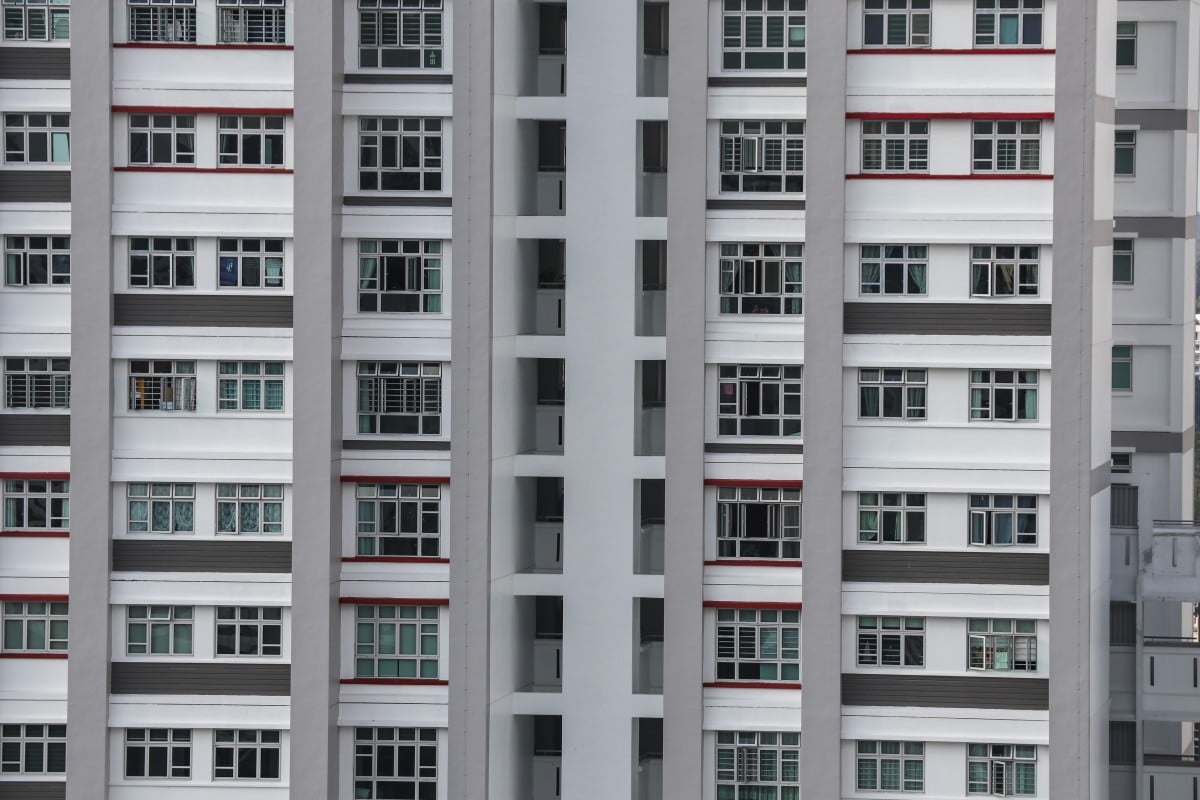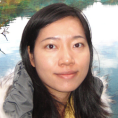No Added Sugar
The next time you indulge your sweet tooth, save yourself the trouble of hunting down "no added sugar" versions of your favourite desserts.
Just go with the regular ones, and make a plan to work off the extra calories if you really must.
Basically,
a food labelled as such already has enough sweetness to start with (like juice), or you are simply being fed other forms of sweeteners.And what a wonderful variety of sugar substitutes the food industry has to play with. From high-fructose corn syrup to exotic-sounding variants such as stevia and agave and the latest compounds known as sugar alcohols, each of these can be readily found in processed foods these days. Not only do some of these raise health concerns, but some manufacturers also use sugar substitutes simply to jack up prices.
Low-Fat or Fat-Free
For manufacturers, introducing low-fat or fat-free foods seems like a logical choice to give customers what they want.
The problem is, lowering fat or removing it entirely makes the resulting product unappealing, and manufacturers are forced to compensate with food additives, most commonly sugar or sugar substitutes.
This brings you back to square one if you are trying to eat healthier, as
you are simply swapping fat for sugar (or worse).Remember, fat-free doesn't mean calorie-free. In this case, sticking with the regular product may be more beneficial.
All-Natural
Choosing products labelled as such were believed to be a responsible, healthy, adult choice.
But 'all-natural' means absolutely nothing, because authorities have not come up with any concrete definitions of the term.
That does not stop manufacturers from slapping it on anything they think they can get away with, even though many foods marketed as 'all-natural' are processed products.
"All-natural" food does not contain added colour, artificial flavours or synthetic substances, but can still contain ingredients that can be harmful under specific circumstances (such as if consumed in excessive amounts).
White Tuna
Even though you may see "white tuna" listed as an ingredient in some processed foods or menus, what you might be getting may not be tuna at all.
Instead,
white tuna is an industry term that stands in for any number of white fish meat.Just pray that you do not end up with escolar, which is known for causing intestinal distress that will make you develop trust issues around fish.
Chilean Sea Bass
The fish actually looks like the pet of Xenomorph creatures and originally had a name to fit - toothfish. Like any entity with an image problem, toothfish hired a really good PR agency and underwent a branding exercise, now going by the vaguely exotic-sounding "Chilean Sea Bass".
Restaurants also (wisely) refuse to serve the fish whole.
Just know that you are paying inflated prices for a fish that nobody wanted to take home to their mothers once.
[Note that while the fish is UGLY, nothing in this section actually says that the fish is unhealthy or bad for you.]
Non-GMO
We do not really know how the panic around genetically modified organisms started, or why.
We have been cross-breeding plant species until desired traits such as sweetness became dominant - watermelon, corn and bananas are just some examples of "genetically modified" foods that we safely consume every day.
Marketers seizing upon (unfounded) fears promoted non-GMO into a hero label, charging you higher prices to keep so-called "frankenfoods" out of your diet. But what we should be really worried about is the highly processed ingredients that are used in many modern foods.
Cage-free and Free-range
Happy chickens strutting about in the open, contentedly pecking in the rich earth for fat juicy earthworms, living comfortable fulfilling lives until they generously give their eggs or lives for our sustenance.
Is that not what "cage-free" and "free-range" mean? Yeah well, maybe in a cartoon.
The reality is these terms sound much nicer than they actually are. Instead of being crammed into individual wire cages in darkened barns, "cage-free" chickens (or other poultry) are kept in a massive communal pen. Their "free-range" brethren have it even better; with stipulated time spent basking in the sun.
Both these farming practices sound more humane, but
the animals can still face overcrowding and fights which cause illness and injuries.
[Also, while more humane treatment of animals is better ethically, nothing in that treatment makes the food healthier. This is an ethical choice, if it works and is true. But it does not result in healthier eggs or chickens for you.]
This article was first published in Shape (www.shape.com.sg).








